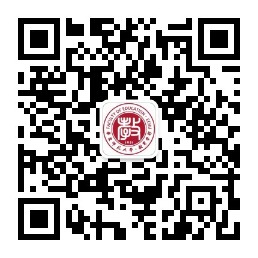The Shanghai Municipal Institute for Lifelong Education (SMILL) performs its duties by thematically coordinating Shanghai city forthesustainable development education of the UNESCO Global Network of Learning Cities (GNLC). It organizes and participates in working group meetings and thematic discussions every month. Its researchers are deeply involved in developing the "Green Community" standards for the UNESCO Green Education Alliance (GEP). The Institute also organized an international seminar on intergenerational learning, and the 12th Shanghai Lifelong Education Forum was successful and received positive feedback. The Institute continues to develop research on climate change education, with related researcherspresenting and leading discussions at the 6th Global Learning Cities Conference.
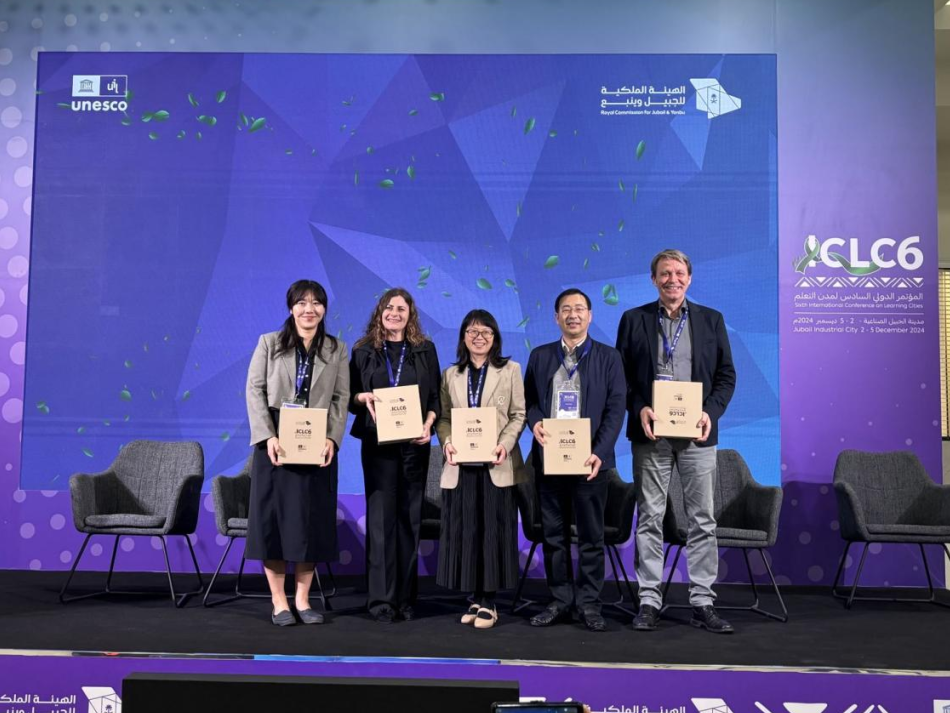
In 2024, the ECNU Institute of Inclusive Education accelerated implementing theproject"Promoting Inclusive Education in China: Enhancing Teachers' Professional Competence", jointly supported by UNICEF and the Department of Teacher Education, Ministry of Education, China. The Institute organized regional training sessions in Chengdu,Xuzhou and Zhengzhou, inviting internationally renowned experts in inclusive education to conduct participatory training on the basic concepts of inclusive education, policy promotion, and action research. The project's outcomes were reported by many media outlets, including the UNICEF website, People's Daily, and China Education Daily. TheEarly Childhood Education team also organized multiple workshops to promote inclusive kindergartens and conducted large-scale training for school and kindergarten managers and teachers, reaching over 9,000 trainees. Invited by UNICEF, Prof. SU Xueyun’s report—The Current Status, Influencing Factors, and Strategies for Improving the Quality of Inclusive Preschool Classes—was adopted by the relevant departments of UNICEF. With its sustainable development, theInstitute has had a global impact. TheThousand School Alliance in Inclusive Educationwasestablished on October 31, with 1,535 schools and kindergartens joining the alliance. This event was covered by multiple media outlets, including China Education Daily and China Daily.
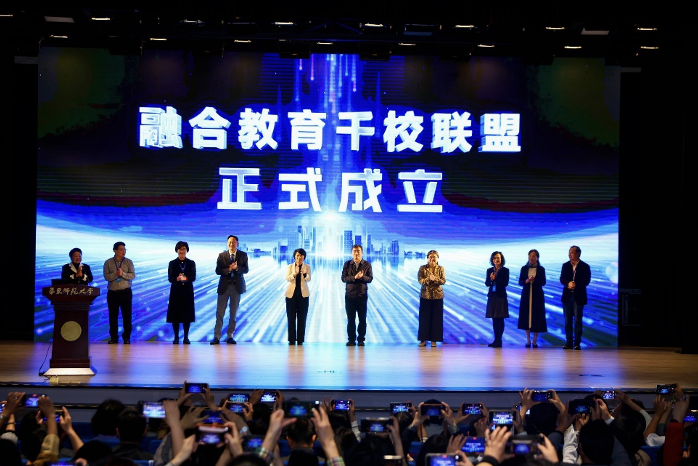
The Department of Curriculum and Instruction, along with the Institute of Curriculum and Instruction, established partnerships with the core departments at UNESCO Headquarters, continuing in-depth cooperation with UNESCO-IBE. Prof. ZHANG Wei, thedirector of the Center of International Out-of-School Education Research, visited the UNESCOheadquarters in Paris several times, providing guidance on educational policy for UNESCO’s Education Sector and the Out-of-School Education Policy Forum, Comparative Education Chair at the University of Hong Kong. In collaboration with experts in international development and sustainable education, she designed the "International Development Insights—South Africa Edition" program, which combines field research, collaborative inquiry, and international aid. The research team led by Professor CHEN Shuangye wrote the reportSchool Leadership in China: Policy and Practice, which was adopted as the sole supporting report from China in the Global Education Monitoring (GEM) Report 2024/5 and was officially published on the UNESCO website.Notably, in 2024, Professors CUI Yunhuo and LEI Hao were selectedfor the 2023 Elsevier Annual List of "Highly Cited Scholars in China",whereas Professors LEI Hao and ZHANG Wei were both selectedfor the 2024 "Top 2% Global Scientists" ontheAnnual Science Impact List in Education.
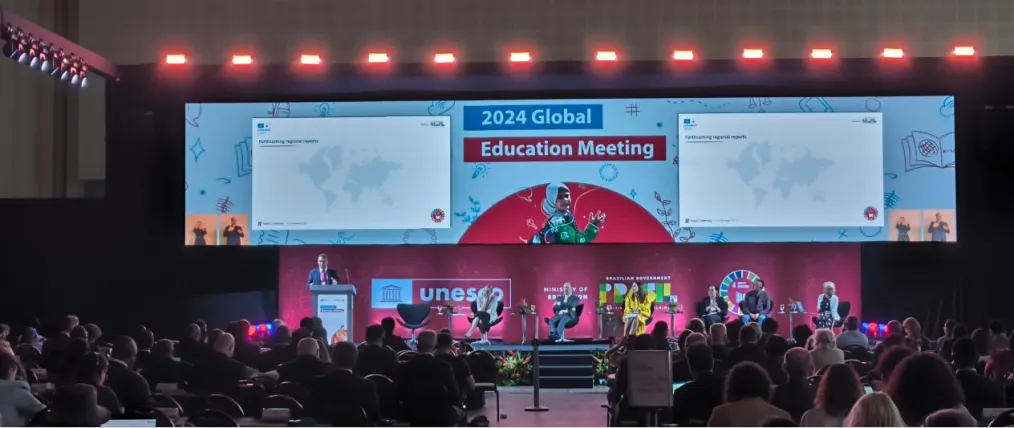
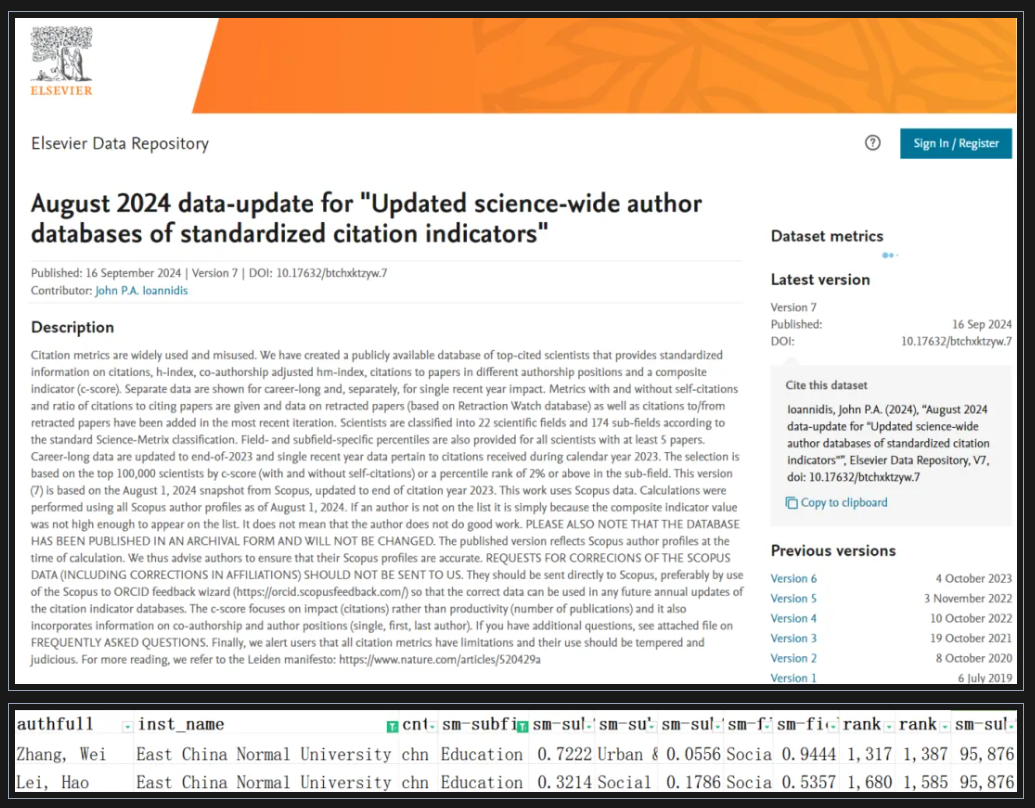
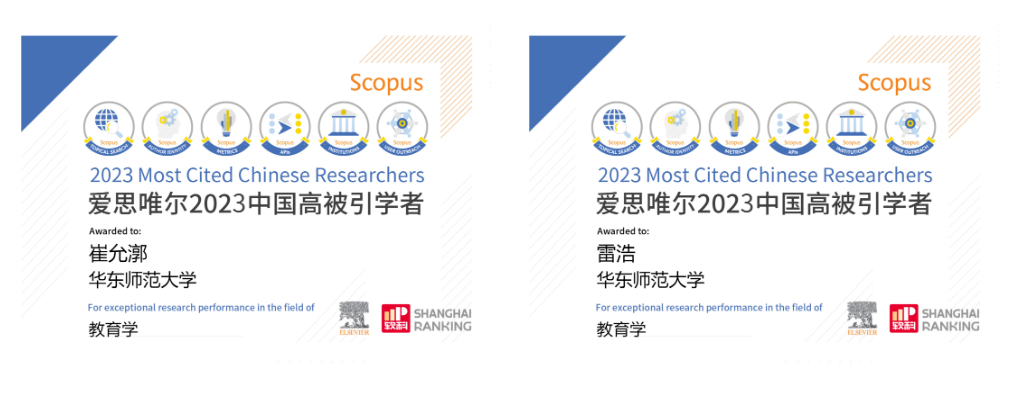
The Department of Education and the Institute of Basic Education Reform and Development fully leveraged their team’s strengths, focusing on China’s educational practices while anchoring in international educational frontiers. They actively participated in global education governance, contributingtoChina’s experience and solutions. Professor HUANG Zhongjing’s research team,which focused on social and emotional learning, worked closely with the OECD. After initial assessments and research, they hosted the Results Release Conference of the Chinese Youth Social and Emotional Ability Assessment (International Round 2) on April 27. The research team oftheSchool of the Future led by Professor BU Yuhua, sponsored by UNESCO, hostedan international academic conference onFuture Learning and Teaching in a Transitional Era from June 26 to 28. Over 30 leading domestic and international scholarshaveparticipated in cross-cultural exchanges and have conducted cutting-edge research on the future of learning, schools and educationfrom a global perspective. The preliminary results will be published in a revised report and submitted to UNESCO. Additionally, Professor LI Zhengtao was invited to jointly develop the Report ofFuture School Developmentwith the OECD team.
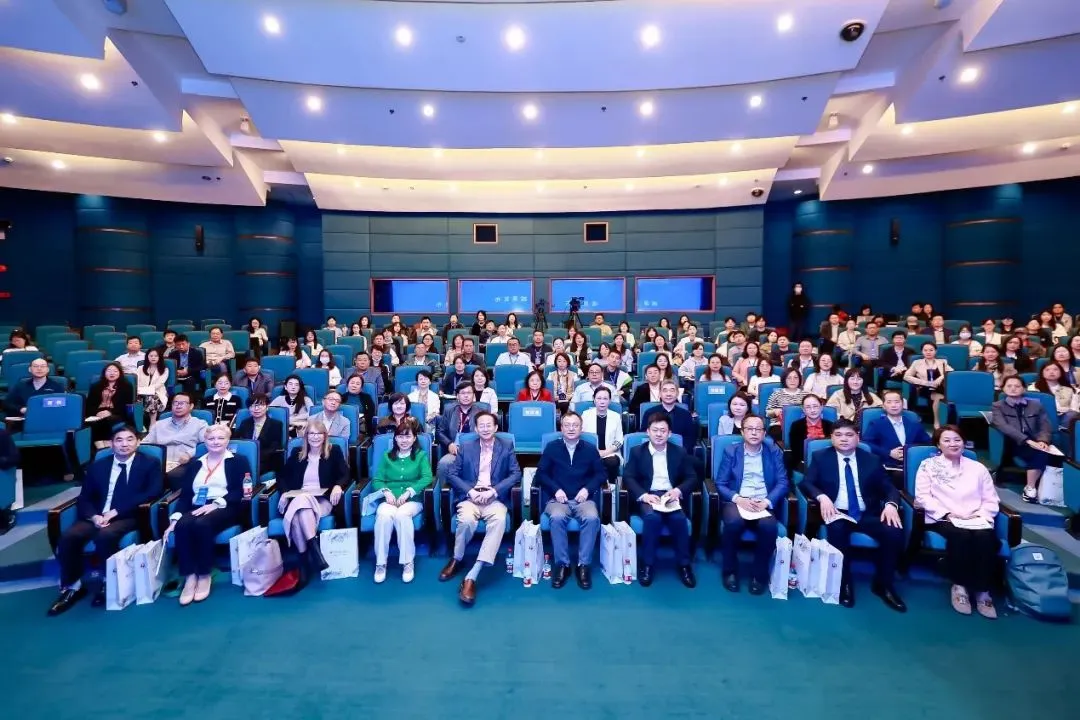
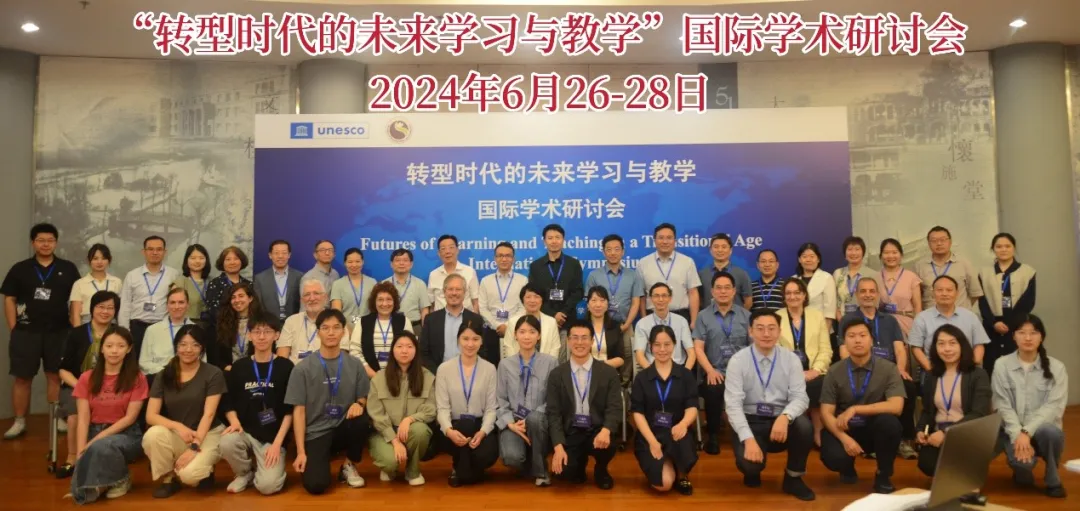
Professors ZHOU Jing and ZHANG Li from the Department of Early Childhood Education participated in the China-New Zealand Early Childhood Education Seminar 2024, whichwas cohosted by the Center for International Cultural Exchange oftheMinistry of Education and the New Zealand Embassy in China. The seminar was held on December 3 at the University of Canterbury in New Zealand, and the professors played a key role in organizing the event, including inviting domestic and international keynote speakers and finalizing the conference theme and subtopics. Professor ZHOU Jing was invited to attend the 76th OMEP World Assembly and Conference from July 15 to 19, where he reported on the relevant work of the China Committee at the Conference Council, and made valuable suggestions for constructing and developingtheOMEP, which was affirmed and praised by the Conference Council.
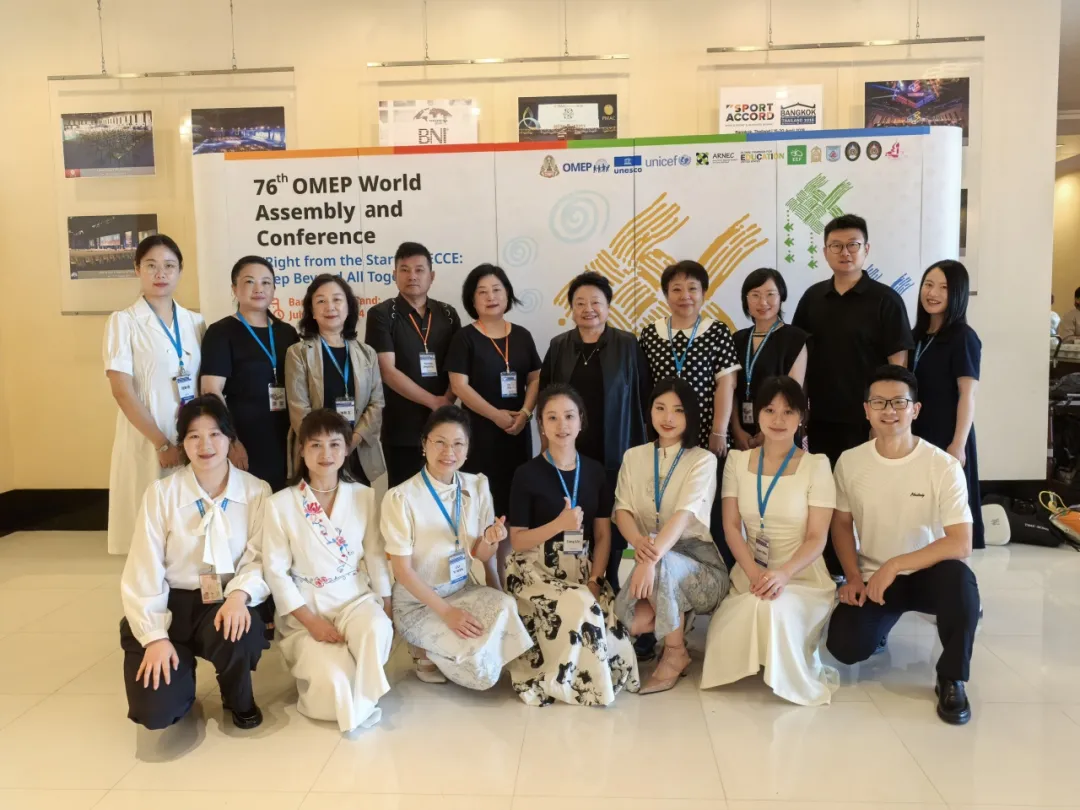
Professor WU Yonghe from the Department of Educational Technology played a key roleinthe ISO/IEC JTC 1 SC 36 TR9858 Technical Report and presented the "White Paper on Educational AI Large Model Data Governance and Sharing Technical Standards" at the 2024 World Artificial Intelligence Conference.






